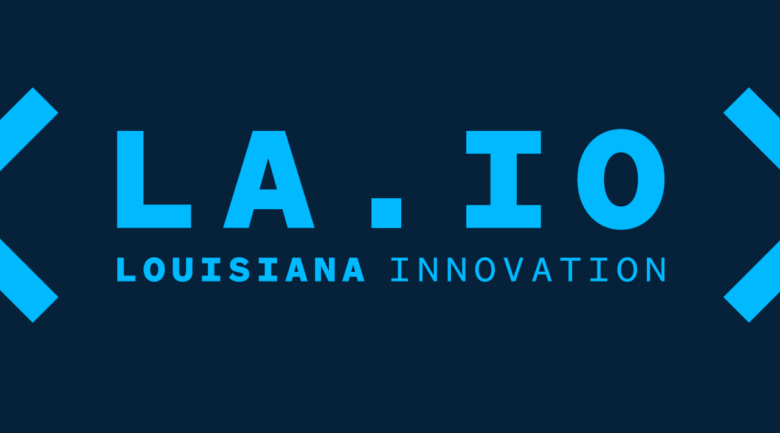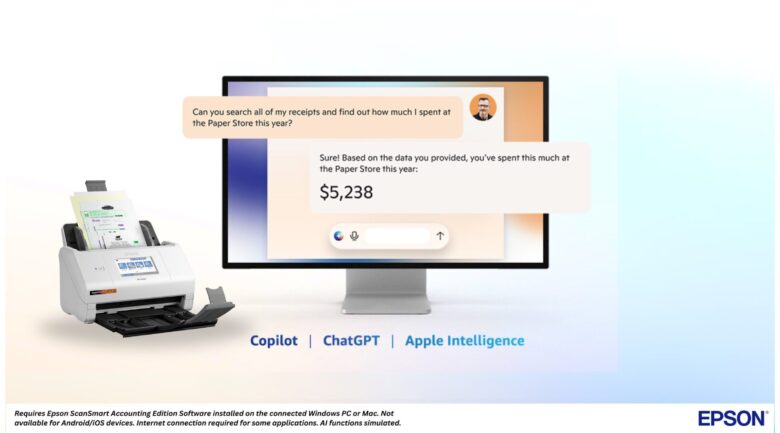AI Streamlines Supply Chain Management, revolutionizing operations for small and mid-sized businesses (SMBs). This technological advancement transforms the traditionally complex and resource-intensive tasks of managing logistics, inventory, and supplier coordination into streamlined, efficient processes. By leveraging AI-powered solutions, SMBs can now automate decision-making, implement predictive analytics, and conduct real-time monitoring of their supply chains. This level of optimization not only improves efficiency but also significantly reduces operational costs, allowing smaller businesses to compete more effectively with larger enterprises. As AI continues to evolve, it’s not just enhancing supply chain management – it’s redefining how SMBs operate in the global marketplace.
AI-Driven Demand Forecasting for Better Inventory Management
Predicting customer demand is essential for preventing stock shortages and excess inventory. AI-powered forecasting tools like IBM Watson Supply Chain AI and NetSuite AI Inventory Management analyze historical sales data, market trends, and external factors to predict demand accurately.
A small e-commerce business using AI-driven forecasting can adjust inventory levels based on real-time purchasing behavior. If AI detects a surge in demand for certain products, it recommends restocking ahead of time, preventing missed sales opportunities. Conversely, if demand slows, AI helps businesses avoid over-purchasing, reducing excess storage costs.
Automated Logistics and Supply Chain Monitoring
Managing logistics manually can lead to inefficiencies, delayed shipments, and increased costs. AI-powered platforms like SAP AI Supply Chain Management and Llamasoft AI Logistics Optimization automate supply chain processes, ensuring timely deliveries and minimizing disruptions.
A small wholesale distributor using AI logistics automation can optimize delivery routes, reducing fuel costs and improving shipping times. AI-driven route planning adjusts in real time based on traffic patterns, weather conditions, and supplier availability, ensuring smooth operations.
AI-Enhanced Supplier Management and Risk Mitigation
AI helps businesses manage supplier relationships by analyzing vendor performance, tracking delivery times, and predicting potential disruptions. Platforms like Resilinc AI and GEP Smart AI assess supplier reliability and recommend alternative sources if risks are detected.
A small food manufacturing company using AI-powered supplier management can monitor ingredient supply levels and receive early alerts about potential shortages. This allows the business to secure alternative suppliers before running out of essential stock, reducing production delays.
Real-Time Supply Chain Visibility with AI-Powered Insights
AI-powered supply chain monitoring tools provide real-time insights into inventory levels, shipment tracking, and order fulfillment. Platforms like FourKites AI and ClearMetal AI enable businesses to track shipments in transit and predict delivery times with high accuracy.
A small electronics retailer using AI-driven supply chain visibility can detect delays in shipments and proactively notify customers about adjusted delivery times. This level of transparency improves customer satisfaction and helps businesses manage expectations effectively.
Cost Reduction Through AI-Optimized Procurement and Pricing
AI-driven procurement tools help SMBs reduce costs by analyzing supplier pricing trends, negotiating better contracts, and optimizing purchase timing. Platforms like LevaData AI and Fairmarkit AI use predictive analytics to identify cost-saving opportunities.
A construction materials supplier using AI-powered procurement can forecast price fluctuations in raw materials and purchase inventory when costs are lowest. AI also automates purchase order approvals, reducing administrative workload and ensuring efficient procurement cycles.
Why AI is Essential for Modern Supply Chain Management
AI transforms supply chain management by automating inventory planning, optimizing logistics, and improving supplier coordination. Small businesses that implement AI-driven solutions gain better control over their supply chains, reduce operational inefficiencies, and improve profitability. By leveraging AI for real-time monitoring, demand forecasting, and logistics automation, SMBs can operate with the same efficiency as larger competitors, ensuring long-term success in an increasingly competitive marketplace.




